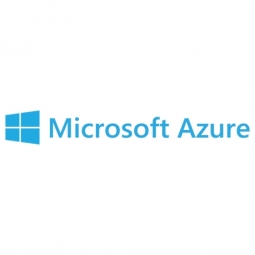Microsoft Azure (Microsoft)
Case Studies
AkzoNobel: Revolutionizing Color Prediction with IoT
Overview
 |
AkzoNobel: Revolutionizing Color Prediction with IoTMicrosoft Azure (Microsoft) |
Analytics & Modeling - Machine Learning Analytics & Modeling - Predictive Analytics | |
Education Equipment & Machinery | |
Product Research & Development Quality Assurance | |
Predictive Maintenance Time Sensitive Networking | |
Data Science Services Testing & Certification | |
Operational Impact
| The implementation of machine learning technology and AI, powered by Microsoft Azure, has revolutionized AkzoNobel's color prediction process. The company can now create more color recipes, more accurately, and in less time. This has not only resulted in significant time savings but also lower costs and a faster time to market. The transition to the new technology was almost seamless, with lab technicians and scientists still using the same process and software tools, but with smarter calculations and fewer rounds of tests. The efficiencies generated by machine learning have also had major benefits for how AkzoNobel serves its customers, particularly in the car industry. The company can now provide the correct recipe of a color that is just introduced in the market more quickly, making car repairs easier and faster. | |
Quantitative Benefit
| Machine learning technology led to significant time savings of approximately 15-20 percent for the team working on new colors for cars. | |
| The new technology reduced the time to get a car color available for the market from up to two years to just one month. | |
| The time to deploy the company’s first end-to-end environment on Azure was less than two months. | |


